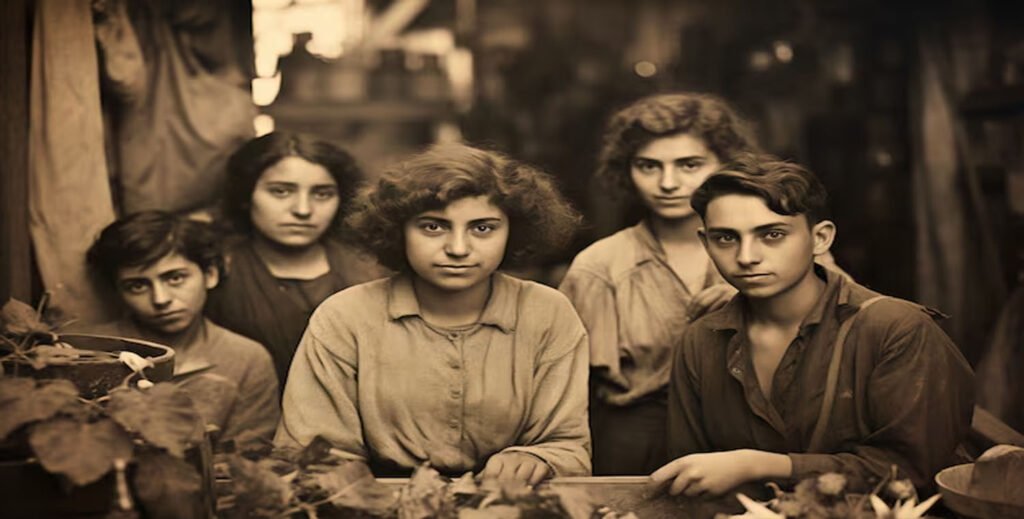C’est Quoi Ça? Understanding the Phrase and Its Context

The French phrase “C’est quoi ça?” translates to “What is that?” in English. While it may seem simple at first glance, this expression carries nuances that can enrich our understanding of conversational French and the culture behind it. In this article, we will explore the meaning, usage, and context of “C’est quoi ça?”, its implications in everyday conversations, and its cultural significance.
The Literal Meaning of “C’est Quoi Ça?”

At its core, “C’est quoi ça?” is an inquisitive phrase used to seek clarification or to express curiosity about something unfamiliar. The components of the phrase break down as follows:
- C’est: This contraction of “ce” (this) and “est” (is) translates to “it is” or “this is.”
- Quoi: This translates to “what.”
- Ça: This means “that” or “this.”
Thus, when combined, “C’est quoi ça?” directly means “What is that?” It is often used in both formal and informal contexts, though it leans more towards casual conversation.
When to Use “C’est Quoi Ça?”
1. Seeking Clarification
One of the primary uses of “C’est quoi ça?” is to ask for clarification about something you don’t understand. This could range from a complex idea in a discussion to an unfamiliar object in your surroundings. For example, if you see an unusual dish at a restaurant, you might point and ask, “C’est quoi ça?” to learn more about it.
2. Expressing Surprise or Confusion
This phrase can also convey surprise or confusion. If someone mentions an unexpected event or shares a shocking piece of news, you might respond with “C’est quoi ça?” to express your astonishment. In this context, it serves as a verbal cue to the speaker that you need more information.
3. Engaging in Casual Conversations
In everyday interactions, “C’est quoi ça?” can help maintain the flow of conversation. Whether you’re chatting with friends, family, or colleagues, using this phrase encourages dialogue and shows your interest in the topic at hand.
Examples in Context
To further illustrate how “C’est quoi ça?” can be used, let’s look at some examples:
Example 1: In a Restaurant
Imagine you are dining with friends in a French restaurant. A new dish arrives at your table that you’ve never seen before. You might say:
- “C’est quoi ça?” (pointing to the dish)
Your friends might respond by explaining the ingredients and the preparation method, sparking a lively discussion about culinary preferences.
Example 2: During a Class
In a classroom setting, a teacher introduces a complex concept that confuses students. One student might raise their hand and ask:
- “C’est quoi ça?”
This prompts the teacher to clarify the topic, ensuring everyone is on the same page.
Example 3: Discovering New Technology
If you encounter a new gadget that you are unfamiliar with, you might ask a friend:
- “C’est quoi ça?”
Your friend can then explain its function and how it works, fostering curiosity and learning.
The Cultural Significance of “C’est Quoi Ça?”
Understanding the phrase “C’est quoi ça?” goes beyond its literal translation; it also reveals insights into French culture and communication styles.
1. Emphasis on Curiosity
French culture often values curiosity and intellectual engagement. The willingness to ask questions, seek clarification, and express interest in others’ perspectives is an essential part of social interactions. “C’est quoi ça?” embodies this curiosity, encouraging dialogue and exploration of new ideas.
2. Informality and Approachability
Using “C’est quoi ça?” in casual conversation reflects the French approach to communication. It breaks down barriers and fosters a sense of approachability. Friends and acquaintances feel comfortable discussing their thoughts and feelings openly, promoting a friendly atmosphere.
3. Importance of Context
The phrase emphasizes the importance of context in communication. In French culture, understanding the nuances of a situation often requires asking questions. This approach encourages deeper connections and a greater appreciation for the subtleties of conversation.
Variations and Related Expressions
While “C’est quoi ça?” is a popular phrase, there are variations and related expressions that can enrich your conversational repertoire:
1. “C’est quoi ça?” vs. “Qu’est-ce que c’est?”
- “Qu’est-ce que c’est?” translates to “What is it?” and is used similarly to “C’est quoi ça?” However, it is slightly more formal and can be used in both casual and formal contexts.
2. “C’est quoi ce truc?”
- This expression means “What is this thing?” and is often used when you want to inquire about an object in a more informal or familiar manner.
3. “Ça veut dire quoi?”
- Translating to “What does that mean?” this phrase is used to ask for the meaning of a word, phrase, or concept, often following a discussion or a new term introduced.
The Role of “C’est Quoi Ça?” in Language Learning
For those learning French, understanding phrases like “C’est quoi ça?” is essential for developing conversational skills. Here are some tips for incorporating this phrase into your language learning journey:
1. Practice in Real-Life Situations
Whenever you encounter something unfamiliar while practicing your French, use “C’est quoi ça?” to ask for clarification. This will help you become comfortable with spontaneous conversation and improve your fluency.
2. Engage with Native Speakers
When speaking with native French speakers, don’t hesitate to use “C’est quoi ça?” to encourage dialogue. This will not only enhance your understanding of the language but also help you pick up on colloquial expressions and cultural references.
3. Use it as a Learning Tool
In a language class, when a teacher introduces a new topic or vocabulary word, use “C’est quoi ça?” to engage further. This encourages a more interactive learning experience and helps reinforce your understanding.
Conclusion
In conclusion, “C’est quoi ça?” is a versatile and culturally significant phrase in the French language. It serves as a tool for clarification, expression of curiosity, and engagement in conversation. Understanding how and when to use this phrase can enhance your French communication skills and deepen your appreciation for the nuances of the language.
More Read
Understanding the Importance of the Phone Number 800-426-4149



Responses